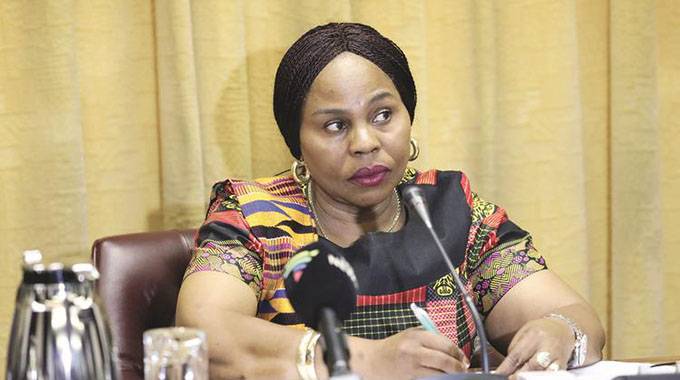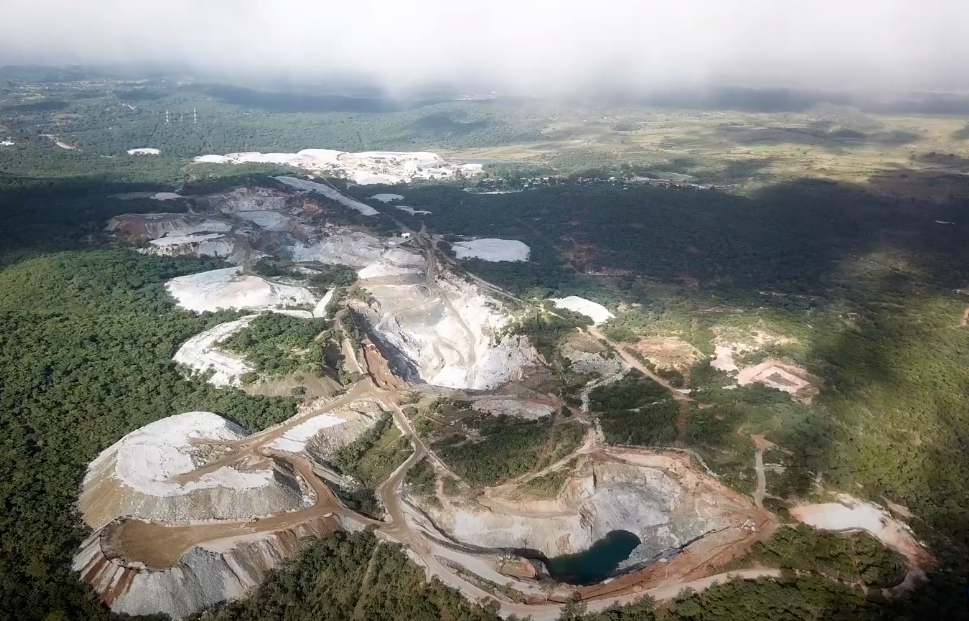Call to legislate CSR as resource based firms neglect communities
LOCAL mining entities have been implored to be corporate social accountable owing to the increasing neglect in their respective areas of operations.
Zimbabwe has numerous mines dotted across, but the welfare of people in those areas remain dire and uncatered for.
To sum it up, some people in those mineral rich areas are living in abject poverty, in the midst poor road networks.
They are not privy to basic amenities like good sources of water, clinics or schools and even basic dip tanks for their livestock.
Lately the country has seen massive investments in mining mainly from Chinese investors emanating mainly from lithium rush.
Of these investors, a handful are actually discharging their corporate social responsibility duties, maintaining infrastructure of their environs but the rest have actually exhibited failure.
They are just plundering the endowments of this country without giving back to the communities.
To a greater extent, the finite mineral resources in the country have not benefited the ordinary citizens.
Corporate Social Accountability is defined as a business model that helps a company be socially accountable to itself, its stakeholders and the public.
In many countries around the world, this is a legally mandated responsibility that many businesses are obliged to make possible whether they want to or not.
Community Share Ownership Trusts were established around the country in the past but their success remains debatable and the concept now seems entirely abandoned or has died a natural death.
Actually, there is need to be deliberate effort to make this concept effective so that general citizens enjoy a share of their endowments.
It is not only the national economy that should benefit from the revenues and returns of mineral wealth but it should start from the root areas where these minerals are extracted.
Cases in point include Mutoko where black granite worth millions of dollars has been extracted for years now, but the place is a pity.
Locals struggle to navigate through the roads especially during rainy season as heavy trucks have rendered the roads unusable while the precious black granite is plundered.
Hwange still boasts of being Zimbabwe’s biggest coal mining town but it has very little development in terms of infrastructure, and has one of the poorest road networks in the country and this include the Bulawayo – Victoria Falls Highway.
The degradation to the environment and squalid living conditions of people around mining areas is concerning and authorities seem to turn a blind eye.
Mining sector is by far the most important economic sector in Zimbabwe given its contribution to foreign currency earning, its input to the Gross Domestic Product.
It is therefore prudent that mining activities are regulated and controlled in a way that does not lead to more poverty for local communities.
According to a local think tank, Zimbabwe Coalition on Debt and Development (ZIMCODD), authorities’ should legally mandate corporate social responsibility that is hinged on a community development model for sustainable development and not on a charity model.
“Mining companies make millions of profits yearly, those mining operations have devastating impacts to the environment as it leaves most of it uninhabitable, society should in away be compensated for this loss and a country’s natural resource wealth, enjoyed by many,” said Zim ZIMCODD in its weekly communique.
These sentiments were recently echoed by Minister of State for Matabeleland North Provincial Affairs and Devolution, Richard Moyo.
He said: “We should make this a law in the constitution for companies to know that when they come to invest the community should benefit.”
Natural Resource Governance expert, Mukasiri Sibanda, said mineral wealth is limited and communities should benefit from their exploitation, through development of infrastructure that can be referred to in years to come.
“Minerals are in their nature “finite resources” this means that they are bound to run out at some point.
Once they do, what will communities who are recipients of the charity model-based CSR have to show for it?”-ebusinessweekly









